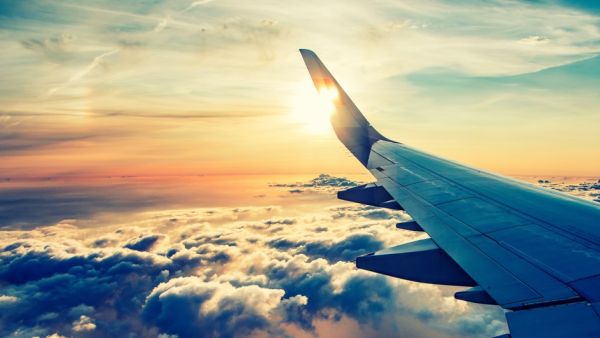Middle Eastern airlines experienced a 5.4 percent rise in international passenger traffic in January, the fourth consecutive month of solid demand growth, reflecting strong performance from larger Europe-Middle East and Middle East-Asia routes, which were not significantly impacted by route cancellations related to COVID-19 at that time, according to a report released by the International Air Transport Association (Iata).
Capacity increased just 0.5 percent, with load factor jumping 3.6 percentage points to 78.3 percent.
International passenger demand for the month of January rose 2.5 percent compared to January 2019, down from 3.7 percent growth the previous month. With the exception of Latin America, all regions recorded increases, led by airlines in Africa and the Middle East that saw minimal impact from the COVID-19 outbreak in January. Capacity climbed 0.9 percent and load factor rose 1.2 percentage points to 81.1 percent.
Demand for domestic travel climbed 2.3 percent in January compared to January 2019, as strong growth in the US helped mitigate the impact from a steep decline in China’s domestic traffic. Capacity rose 3.0 percent and load factor dipped 0.5 percentage point to 78.9 percent.
Global passenger traffic data for January 2020 showed that demand (measured in total revenue passenger kilometers or RPKs) climbed 2.4 percent compared to January 2019. This was down from 4.6 percent year-over-year growth for the prior month and is the lowest monthly increase since April 2010, at the time of the volcanic ash cloud crisis in Europe that led to massive airspace closures and flight cancellations. January capacity (available seat kilometers or ASKs) increased by 1.7 percent. The load factor climbed 0.6 percentage points to 80.3 percent.
“January was just the tip of the iceberg in terms of the traffic impacts we are seeing owing to the COVID-19 outbreak, given that major travel restrictions in China did not begin until January 23. Nevertheless, it was still enough to cause our slowest traffic growth in nearly a decade,” said Alexandre de Juniac, Iata’s director general and CEO.
“The COVID-19 outbreak is a global crisis that is testing the resilience not only of the airline industry but of the global economy. Airlines are experiencing double-digit declines in demand, and on many routes, traffic has collapsed. Aircraft are being parked and employees are being asked to take unpaid leave. In this emergency, governments need to consider the maintenance of air transport links in their response. Suspension of the 80/20 slot use rule and relief on airport fees at airports where demand has disappeared are two important steps that can help ensure that airlines are positioned to provide support during the crisis and eventually in the recovery,” said de Juniac.








